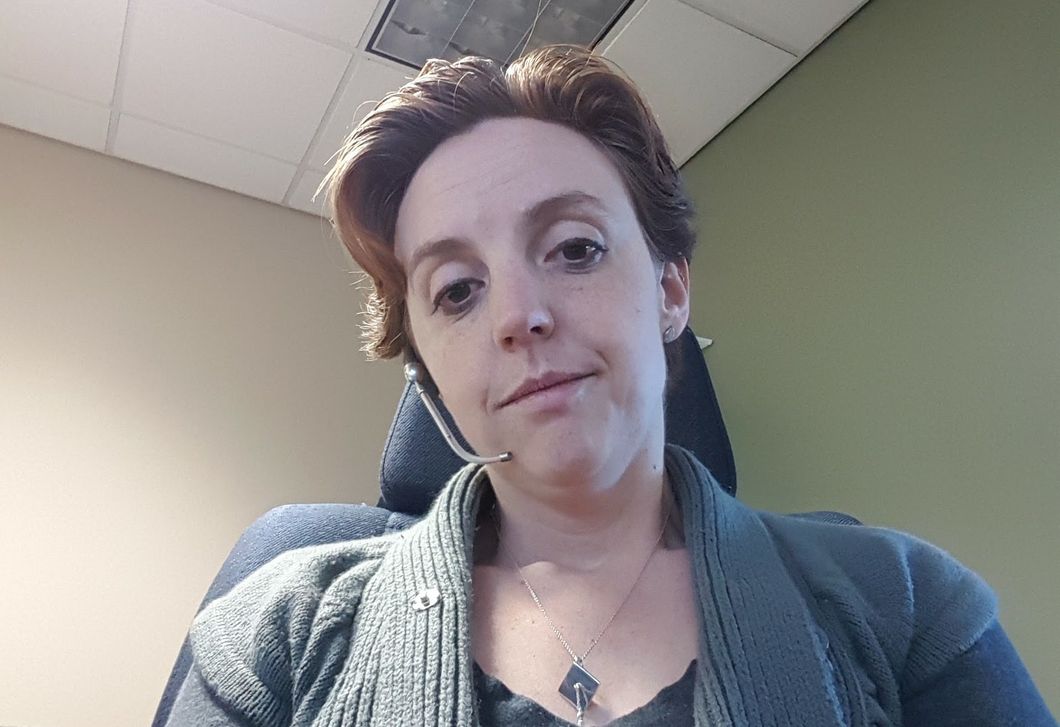There are those that can go their whole dispatch career and never take THAT call.
Then there are those who have taken many. It's the call that at the end of the day you stew over, you run through your head a million times and ask what you could have done differently. It's the radio transmission that you hope sounded professional because you were so hyped up.
The call is one that you take with you, be it months or years, you remember it later on down the road. It may be seemingly innocuous to some, but for you, it sticks. An outsider to the profession may think that the things we deal with like medicals or suicidal subjects can get to us. Those of us on the inside know, it can be the most mundane call. We can take hundreds of domestic calls, but one will stick with us.
The very first time on my own after training I took a suicidal subject call.
I can tell you exactly where I was sitting in the center the moment it happened.
I remember details of the call that seemed stupid at the time. I remember this so very vividly because when the person called they said they wanted to kill themselves. The first words I blurted out of my mouth were, "let's not do that." Then the caller hung up. That right there sealed that call in my mind for over 8 years. The outcome, at the time, the caller was okay and got the help that he needed.
There have been others, some far less stressful, but out of the normal. They find that place in your brain and sit there. The words of the call rolling over and over in your brain. The moments that stick with me, they are more than just the words. I recall where I was sitting when it happened. The exact spot in the center.
A sad truth of our profession is that medical calls are part of the job, the elderly who have lived a long life, those who have medical issues and passed early, and the unexpected death of a young one. There are days when I will talk to multiples of these. Documenting death is part of the job.
It can seem overwhelming. The job itself is not one that just anyone can jump into.
It takes training, a willing attitude, and the ability to leave everyone else's hurt at work. It takes compassion, but too much will leave you drained at the end of every call. It's a very fine balance, a tightrope if you will, of juggling human empathy and sympathy.
THAT call can stick with you for the rest of your life. It can follow you from one dispatch center to another.
It will be the one you draw on when someone else tells you about their call. The only thing you can do about THAT call is to acknowledge it. Don't let it be the elephant in the room.
Talk to someone, find a mentor or peer support.
THAT call will come. THAT radio transmission will happen. Rolling it over in your mind and playing back every word won't change it. The only thing you can do is talk to someone and remember you are not alone.






















